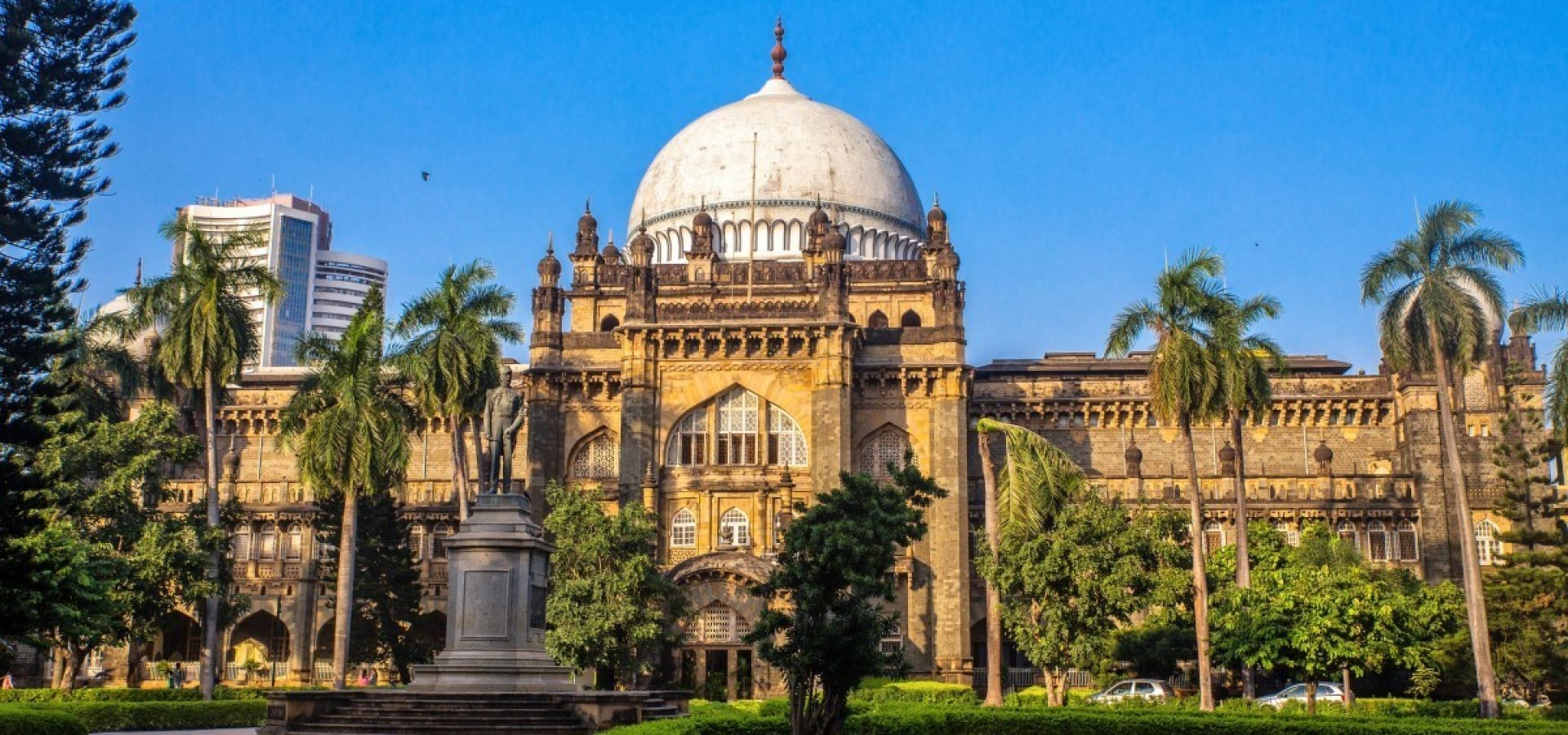The Reserve Bank of India (RBI), which is the central bank of the country, decided not to change the interest rates. The central bank made announced this decision on Thursday. Markets expected that due to the problems connected with the economy bank would reduce the interest rates. Moreover, the bank already decreased the rates five times, and analysts thought that it would do the same this time.
However, the Reserve Bank of India made another choice. Currently, the benchmark repo rate remains at 5.15%. Repo rate is a rate at which the central bank lends money to commercial banks.
The RBI explained the decision in its policy statement. According to this statement, RBI decided to keep the rate unchanged as it is trying to achieve the medium-term inflation target of 4%. Moreover, the bank also noted the upper limit should be 6% while the lower limit should not fall below 2%. The RBI wants to accomplish this goal while supporting growth.
Also, the central bank reiterated its position that it will maintain its position as long as it is necessary to boost economic growth. The bank will also try to keep the inflation level within the target. In its policy statement, the bank justified its decision by pointing out that it felt appropriate to pause based on current growth-inflation dynamics.
As a reminder, starting from January, the Reserve Bank of India, already reduced the repo rate by 135 points. This was done to tackle the slowdown in economic growth over recent quarters.
India’s economy and its challenges
It is worth mentioning that RBI decided to change its GDP forecast for the full fiscal year. The fiscal year ends in March 2020. It downgraded the GDP forecast from 6.1% to 5% on December 5. The previous forecast dates back to October.
Data that became available last week showed that India’s economic output increased by 4.5% in the three months that ended in September. This was the worst result since 2013.
The RBI, in its latest policy statement, mentioned that improved monetary transmission and resolution of trade disputes would boost economic growth. However, other factors such as the slow recovery of domestic demand as well as global economic problems would affect the economy.
Another problem is a slowdown in consumption. Meanwhile, investments in India also declined over time.
Banks and corporations are undergoing a balance sheet deleveraging cycle. This way, they are trying to deal with bad debt. Also, the current crisis regarding the shadow banking sector is another issue. Non-bank financial institutions also must solve the problems connected with the balance sheet.
India is the second-most populous country in the world. Its economy continues to develop; it is important as millions of people are living in poverty. Economic growth will help to reduce income inequality across the country. This country has a chance to achieve even better results. However, the trade war between the U.S. and China is a severe challenge to the global economy. In this situation, India should support its economy to minimize the damage caused by such disputes.









COMMENTS